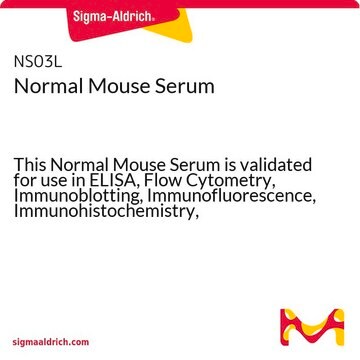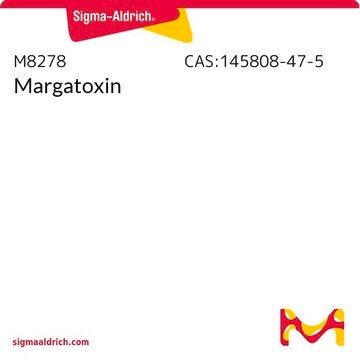N4267
Neurokinin A
≥97% (HPLC)
Synonym(s):
α-Neurokinin, Neuromedin L, Substance K
About This Item
Recommended Products
Quality Level
Assay
≥97% (HPLC)
form
powder
composition
Peptide content, ≥70%
UniProt accession no.
storage temp.
−20°C
SMILES string
CSCCC(NC(=O)C(CC(C)C)NC(=O)CNC(=O)C(NC(=O)C(Cc1ccccc1)NC(=O)C(CO)NC(=O)C(CC(O)=O)NC(=O)C(NC(=O)C(CCCCN)NC(=O)C(N)Cc2cnc[nH]2)C(C)O)C(C)C)C(N)=O
InChI
1S/C50H80N14O14S/c1-26(2)18-34(45(73)58-32(42(53)70)15-17-79-6)57-38(67)23-55-49(77)40(27(3)4)63-47(75)35(19-29-12-8-7-9-13-29)60-48(76)37(24-65)62-46(74)36(21-39(68)69)61-50(78)41(28(5)66)64-44(72)33(14-10-11-16-51)59-43(71)31(52)20-30-22-54-25-56-30/h7-9,12-13,22,25-28,31-37,40-41,65-66H,10-11,14-21,23-24,51-52H2,1-6H3,(H2,53,70)(H,54,56)(H,55,77)(H,57,67)(H,58,73)(H,59,71)(H,60,76)(H,61,78)(H,62,74)(H,63,75)(H,64,72)(H,68,69)
InChI key
HEAUFJZALFKPBA-UHFFFAOYSA-N
Gene Information
human ... TAC1(6863)
Looking for similar products? Visit Product Comparison Guide
Amino Acid Sequence
General description
Biochem/physiol Actions
Other Notes
Storage Class Code
11 - Combustible Solids
WGK
WGK 3
Flash Point(F)
Not applicable
Flash Point(C)
Not applicable
Personal Protective Equipment
Choose from one of the most recent versions:
Certificates of Analysis (COA)
Don't see the Right Version?
If you require a particular version, you can look up a specific certificate by the Lot or Batch number.
Already Own This Product?
Find documentation for the products that you have recently purchased in the Document Library.
CGH-SNP Arrays in a Girl with Multiple Congenital
Anomalies Including Severe Glaucoma
Our team of scientists has experience in all areas of research including Life Science, Material Science, Chemical Synthesis, Chromatography, Analytical and many others.
Contact Technical Service








